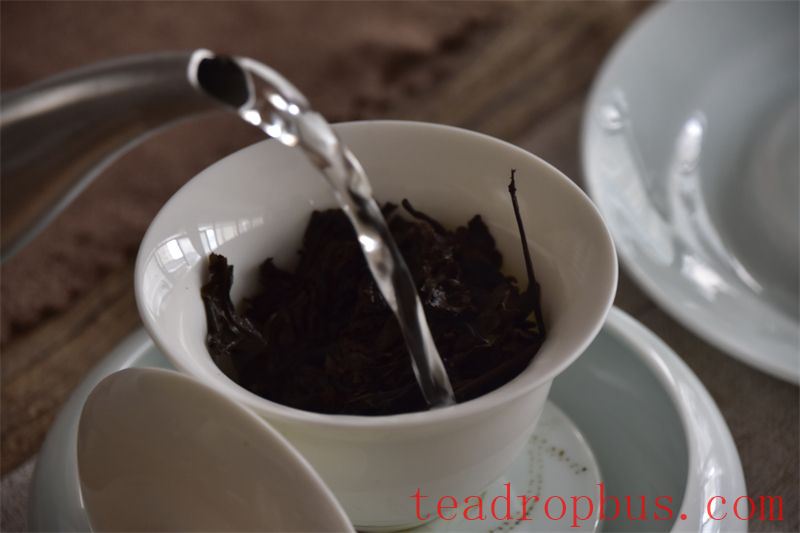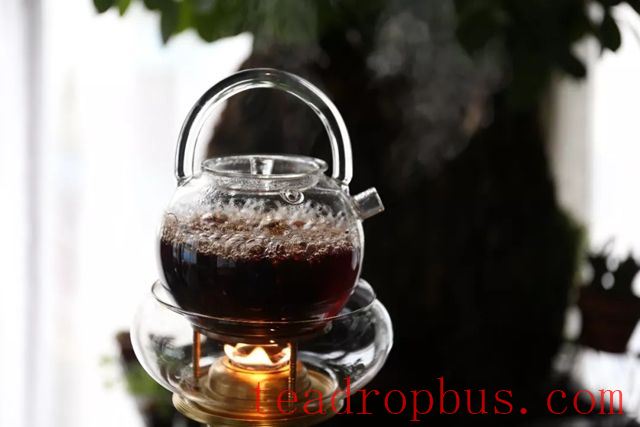If brewing tea doesn't require strict techniques, one could say anyone can do it.
Boil a pot of water, warm the tea leaves with the water, and you have brewed a fragrant Cup of tea.
Now that the weather is cold, many people enjoy boiling tea; they can savor a smooth and mellow cup of tea while enjoying the pleasant experience of boiling tea.
So here comes the question: If tea shouldn't be steeped for too long or left to stew, why can it be boiled? What kinds of tea can be boiled, or can all teas be boiled?

What's wrong with Steeping tea too many times?
Regarding the reason why tea shouldn't be steeped too many times, most people might simply think that steeping it for too long will make it tasteless. However, there's more to it than that.
Tea contains tea polyphenols that inhibit cancer, tea polysaccharides that lower blood Sugar, caffeine that stimulates the central nervous system, as well as various amino acids, vitamins, and other nutrients. How much of these nutrients are released is closely related to the number of infusions.
The larger the particles of the tea, the slower the release of nutrients; the smaller the particles, the faster the release.
Generally, after 5-6 infusions, most of the beneficial components in the tea have been extracted, and the aroma of the tea becomes less pronounced, and the taste becomes lighter. However, the bitter and astringent components will also be gradually released at this point, making the taste less enjoyable, so further infusions serve little purpose.
In addition, if tea is steeped for too long, even overnight, and not stored properly, it can spoil. The small amounts of carbohydrates and proteins in the tea can attract bacteria and mold, which can be extremely harmful to health.
Therefore, remember never to drink from the same pot of tea from morning till night. Drink the tea immediately after brewing to maintain good health.
Why can some teas be boiled?
While it's not recommended to steep tea for too long, some teas can be boiled, and the resulting infusion tastes better. This is because different substances in tea have different boiling points. When tea is brewed at 80-100 degrees Celsius, the substances that dissolve in the water are those with lower boiling points. When tea is boiled, high-boiling-point substances are released, making the tea more aromatic and flavorful.

Moreover, British scientists have found that compared to brewing tea with boiling water, boiling tea allows the tea to release more cancer-fighting substances, making it more effective against cancer. Boiling tea also allows tea polyphenols, caffeine, tea pigments, and other substances to be fully released, enhancing its effects on refreshing the mind, reducing fat, and preventing diseases, greatly benefiting human health.
Which teas can be boiled?
Although boiling tea has many benefits, not all teas are suitable for boiling. Teas suitable for boiling are either heavily fermented or aged. Green tea and Yellow Tea, which are unfermented or lightly fermented, are not suitable for boiling.
Fuding aged white tea and Anhua dark tea are very suitable for boiling. Good aged white tea and dark tea have a color like amber, bright and glossy. Their flavor is full-bodied and smooth on the palate, with sweetness and viscosity gradually increasing. Drinking a steaming cup of aged white tea fills the body and mind with its essence, relaxing every part of the body.
The practice of boiling tea originated in the Tang Dynasty and is a significant part of tea-drinking culture. For a long time, the pros and cons of brewing versus boiling tea have been a topic of much discussion.
In fact, whether brewing or boiling tea, as long as scientific and correct methods are used, they can have a positive impact on people's health, achieving the purpose of drinking tea.